Oft in use by our forefathers, but seldom heard anymore, what a nifty sound this old-fashioned phrase has. It's meaning, in broad strokes, paints someone who misses the big picture, because they are focusing on small details. An example might be someone who is penurious to the nth degree, saving every cent they can by clipping coupons, minimizing usage of their utilities by bearing with colder ambient temperatures during the winter and refusing to air condition their abodes during summertime, all to save money.
And yet these same individuals will turn around and gamble heedlessly, or fail to dicker on large ticket items, like cars, travel, and home purchases. A twist on this portrayal might produce the individual who certainly appears wealthy, as they model the latest in designer labels, watches, flashy shoes and purses, jewelry and cars. And yet, one suspects, this same individual is buried in debt supporting this false facade. Do the truly wealthy flaunt their riches? Or do they turn them to more productive usage, by investing, so that earnings evoke returns, hard-won paychecks beget what with time develops into considerable worth?
I still use the phrase at work occasionally, and though I get seeming nods of understanding in ostensible agreement, I wonder if the listener really gets the point? James Rogers, in The Dictionary of Cliches, explains it like this: “Overcareful about trivial things and undercareful about important ones. The literal image is of the person who fusses over small amounts of money to such an extent that he misses opportunities to save or make large amounts." The provenance of the saying is credited to Robert Burton, 1577-1640.
Burton, whose primary fame is due to his authorship of a tome entitled The Anatomy of Melancholy, was an English scholar at Brasenose College, Oxford University. In light of the era and environs during which he penned his work, it accounts for the usage of the terms penny and pound, familiar descriptors of the money of that time, but less so today. Maybe that's why I get the sometimes quizzical glances when I use the phrase. Perhaps the listener is merely attempting to portray accord, yet is inwardly puzzling "what the heck is he talking about?"
It would be simple to use this title as a springboard into why saving pennies, those pre-1982 95% copper ones, worth more than twice face value according to Coinflation.com, is a crafty means for those of little income to gradually accumulate a small fortune, in terms relative to their own budgets. But I would prefer to bend the heading a bit, and use it instead to raise a related issue. Let's talk about silver. How would being penny-wise but pound-foolish have any context in regard to that precious metal?
I belong to a forum that discusses issues like this, and many others regarding coin collecting, precious and base metals, economic policies and financial investment strategies. Realcent is one stop shopping if you're looking for answers to related questions. I'm seeing more and more threads relating to the issue I'd like to raise, and since our individualized actions and intent are merely a microcosm of the actions of the greater masses, I feel their expression can be used as a gauge as to what we might be able to expect in the markets when the time comes.
Specifically, there's currently a thread that contains a poll which asks the question of "what will silver do in the near term?" The choices could have been more comprehensive, and the respondent is limited to selections of: over $20, sideways, or back below $16. There is no time frame mentioned, which would have been useful, but as the contributor of the poll later posts, the piece was submitted in order to generate thoughtful discussion of the topic amongst members.
What concerns me is the responses of members who are replying to the post. I am seeing more and more posts to the effect that "next time silver hits $19, or $20, I think I'll sell a little." "That'll be the time to take some profit." "I think it would be wise to take some off the table." Comments of that ilk. Why would I be bothered by such innocent sentiments, posted by members who would seemingly be among the better educated regarding the value of holding real money in place of worthless Federal Reserve Note currency?
Because this rationale, trying to time the markets for quick profits - selling their precious bullion reserves for a relatively higher price then for which they purchased it - and then waiting for a dip to buy back in and thereby accruing a bit more in terms of total ounces, might just be a prime example of being penny-wise, but pound-foolish. What if you exit the silver market with your timely profit, and then silver explodes to the upside? And you're left sidelined, holding a fistful of increasingly worthless FRN's, as precious metals embark on their long-awaited race to unheard of heights?
I feel that we are in the process of being programmed by the entities that manipulate the silver futures market via COMEX, to behave precisely in this fashion. We're all aware that precious metals prices fluctuate. Scott Wright and Adam Hamilton, at Zealllc.com, have long described the seasonality of silver, demonstrating on a year over year basis how such factors as the harvest and marriage season in India, and New Year's in China, can exert an influence on the volatility of gold and silver prices. As well, Chinese government authorities are now encouraging their populace to stock up on small ingots of gold and larger bars of silver.
We have witnessed, over the past decade, countless occurrences of price manipulation within the silver and gold markets, as documented by Ted Butler, David Morgan, John Embry, GATA, and others. It is well evident, to any student of technical analysis, that every time silver rises rapidly, and overshoots its channels to the topside by a wide degree, that a swift price-capping effort, and often subsequent plunge in value, is near-certain to swiftly ensue. Whether if be nefarious manipulation by JPMorgan, Goldman Sachs, and cohorts, or ordinary profit-taking by hedge funds that induce the decline, the effect is the same. Silver plummets and takes considerable time to recover.
So then, what would be the harm in anticipating these market moves and "riding the coattails of the big boys?" It seems evident that a profit stands to be made by getting out a bit ahead of the downside motion, and recovering your ounces at lower cost, then repeating the process ad infinitum. Doesn't it? But what if, as in musical chairs, the music ends, and you have nowhere left to position yourself? You'd like to park your butt back into a silver position, but there are none left?
According to anecdotal data from various sources, there is only a nine year supply of silver left in the Earth's crust if it continues to be consumed at present rates. You've heard of Peak Oil? Well, Peak Silver isn't far behind. The easy-to-locate sources of silver had their veins worked and depleted long ago. Newer discoveries can take years to develop, and the costs can be prohibitive. The silver that remains in existing productive mines is sometimes located in third world countries whose governing regimes could easily decide to nationalize those mines, or punish their operators with exorbitant windfall profits taxes.
How much silver is left above ground anyway? Dr. Jeffrey Lewis, a medical practitioner who also edits Silver-Coin-Investor.com and Hard-Money-Newsletter-Review.Com, believes - along with others like Jason Hommel - that the remaining trove of above-ground silver is swiftly depleting after years of deficits, and may be less than sufficient to replenish the needs of industry for more than a few more years. There could be less than 300 million ounces remaining of above-ground silver available; certainly there is less ready silver than there is gold.
So, my premise is this. If manipulation is taken for granted, why not go one step further and concede that we might just be in the process of being brainwashed as well? Propaganda served the Politburo will in the days of Soviet supremacy, it may just as likely be well-suited to the aims of the entities that manipulate the silver market. For consider this. Where will the continued supply of silver be obtained from in the near future, if mine supply is tailing off? It will only be available from the holders of silver reserves. And China is now banning the export of silver.
Who do you think has the best insight into the inner workings of the silver market in all its aspects? Joe Investor? With his ten ounce silver bars, or $100 face bags of 90% silver coins? Or omniscient, omnipotent powers like the bullion banks, who risk hundreds of millions, even billions of dollars of capital routinely with their shorting strategies? What happens to you, if you take your profits - in comparitive pennies - only to get pounded as the Commercials reverse field and cover not only their shorts, but decide to go long because the time is finally right?
That day will come. And when it does, Jasper, the silver price will erupt, not merely by dollars, but by multiples of its current price. The disparity of pricing between gold and silver will revert to it's historical norms, and likely overshoot them. A commodity five times scarcer than another should not be priced sixty-five times cheaper. Warren Buffett appeared prescient when he had Berkshire Hathaway purchase 129.7 million ounces of silver in 1998, but even he admits he sold to soon. Don't let the same thing happen to you. Don't be penny-wise, but pound-foolish.
Buy Silver. Buy Gold. Save Copper. Start Now.
Sunday, March 7, 2010
Subscribe to:
Post Comments (Atom)



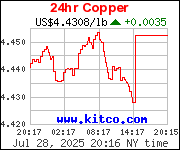


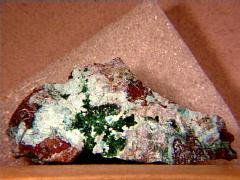


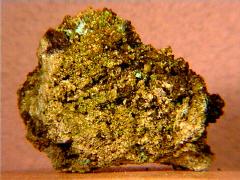

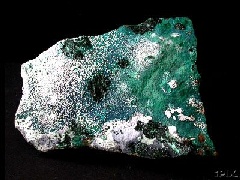














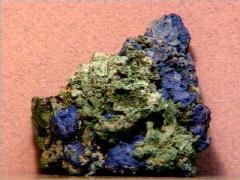






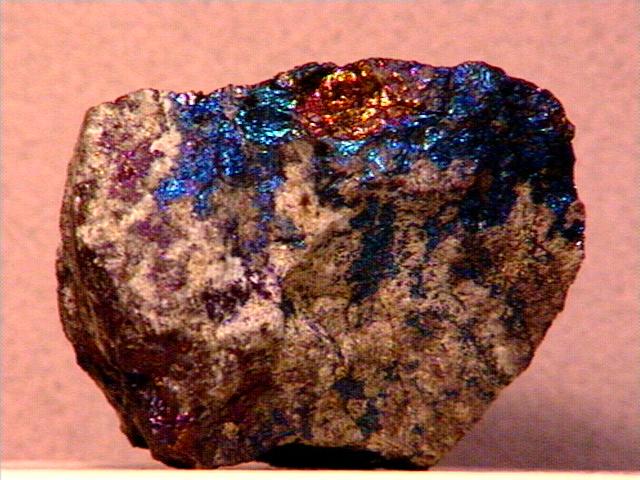



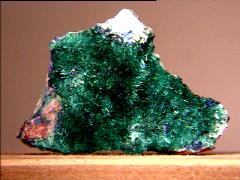














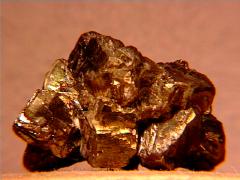




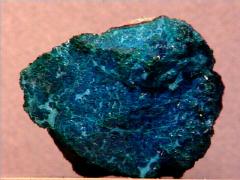








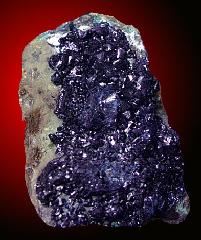

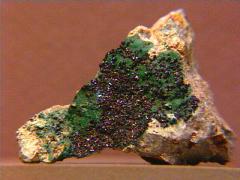


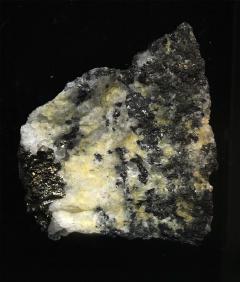






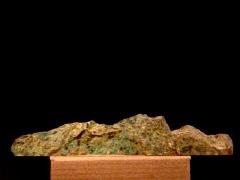








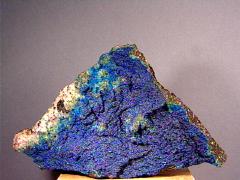




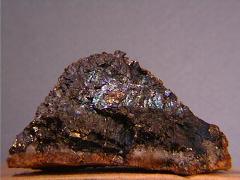
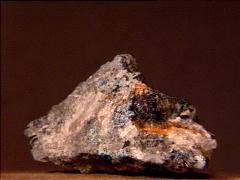


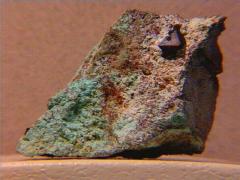








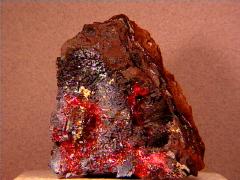
























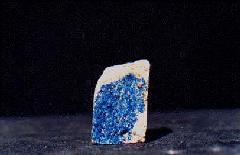












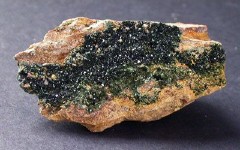







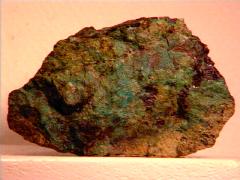

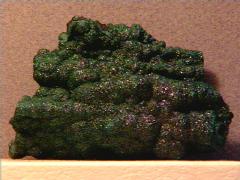




This article is very thought provoking and makes me consider greatly my position and need for more silver coins. I was planning on an attempt to time the market but now am apprehensive. Maybe I will just "wait and see".
ReplyDeleteThank You